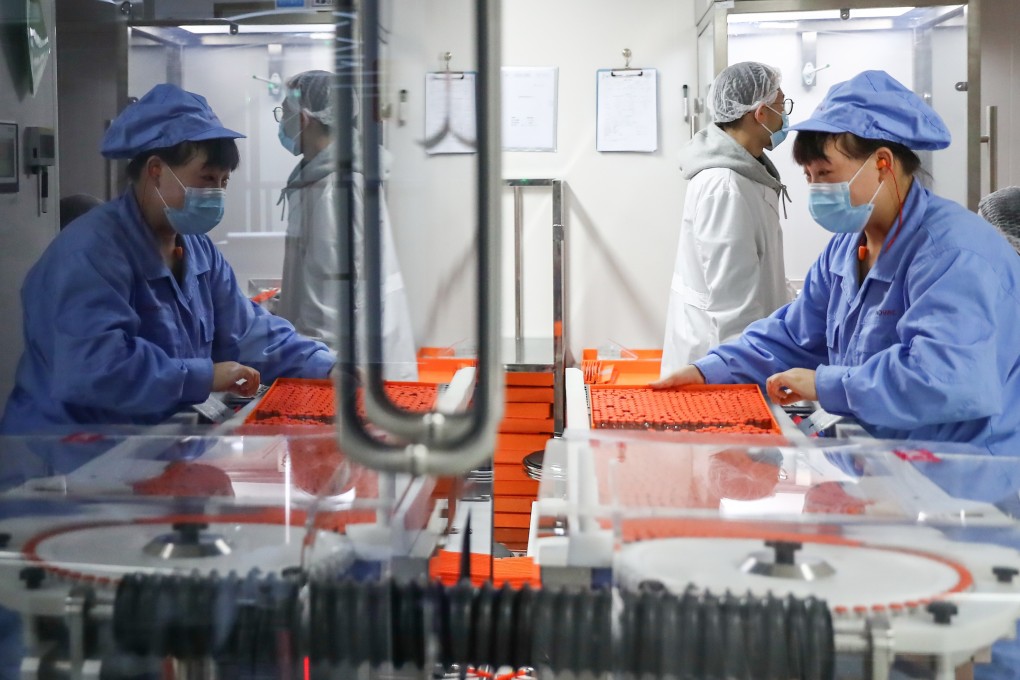Coronavirus: China-led AIIB to support vaccine roll-outs in developing nations
- Bank did not give details of its financing plan but said total loans in 2021 would be at a similar level to last year’s
- Its lending facility to help member countries counter the impact of the pandemic grew to US$13 billion in 2020

The AIIB, seen as China’s answer to the World Bank and Asian Development Bank, did not give details of the plan but said overall lending for 2021 would remain at a similar level to last year’s.
The bank said it had approved US$7.07 billion of loans through that facility by the end of last year, bringing its total approved loans to US$9.98 billion in 2020 – more than double the amount in 2019.
AIIB president Jin Liqun said the bank was “looking at the possibility of supporting the countries when the vaccines are made available”.
“The World Bank and ADB have allocated resources to finance the vaccines, which is, in my view, very very important and we will certainly do this,” Jin said at a press briefing in Beijing marking the bank’s fifth anniversary.